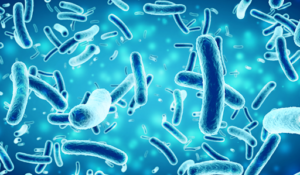APPLICATIONS OF TECHNOLOGY:
- Industrial detergents and surfactants
- Sustainable biofuel production
BENEFITS:
- Can be made from H2/CO2
- Genes regulated by synthetic graded ribosomal binding sites (RBSs)
BACKGROUND:
- Fatty alcohols are used in cosmetics, pharmaceuticals, and lubricants as well as a potential biofuel. Plasmid vectors are used to drive recombinant DNA into a host cell and are a key component of gene expression. Optimal methods of fatty alcohol synthesis are needed to allow broader and sustainable utilization.
TECHNOLOGY OVERVIEW:
Researchers at Berkeley Lab have engineered the construction of plasmid vectors for fatty alcohol biosynthesis that contain the genes for TesA and Fatty acyl-CoA reductase (FAR).
These genes are regulated by synthetic ribosomal binding sites (RBSs) with graded strengths tested by fluorescent protein expression. This library has 100 constructs for transformation into C. necator and fatty alcohol production. Potential further uses for this system involve the development of detergents and lubricants as well as other bio-sustainable applications.
DEVELOPMENT STAGE: Proven principle
PRINCIPAL INVESTIGATORS:
STATUS: Property rights
OPPORTUNITIES: Available for licensing or collaborative research.
SEE THESE OTHER BERKELEY LAB TECHNOLOGIES IN THIS FIELD:
High-Level Production of Fatty Alcohols from Engineered Yeast 2017-097
